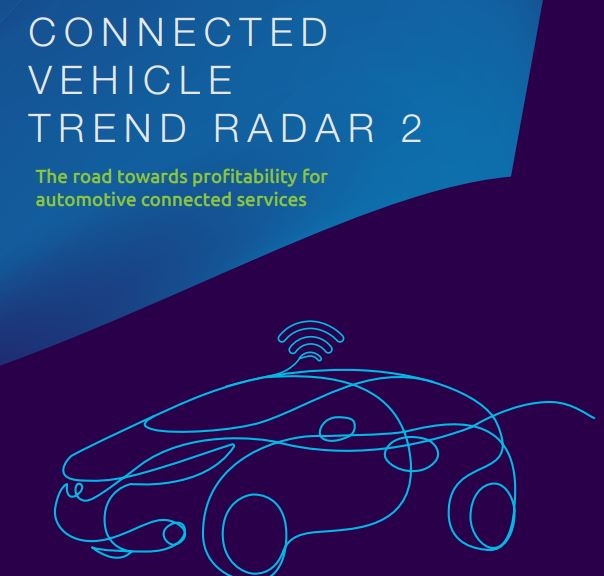- ETAnalytics Reports
- Industry
- Market Research
- India leaps Ahead: Transformative Mobility Solutions for all
India leaps Ahead: Transformative Mobility Solutions for all -
(Mar 2019)India can save 64% of anticipated passenger road-based mobility-related energy demand and 37% of carbon emissions in 2030 by pursuing a shared, electric, and connected mobility future. This would result in a reduction of 156 Mtoe in diesel and petrol consumption for that year. At USD 52/bbl of crude, this would imply a net savings of roughly Rs 3.9 lakh crore (approximately 60 billion USD) in 2030.
Related Reports
Access to thousands of Market Research Reports, Financial Reports, White Paper and Surveys
Featured
It is a fact that electric vehicles (EVs) are beneficial for climate protection. However, the current challenge is to decide on whether to reuse an EV battery or to recycle it after its first use. This paper theoretically investigates these areas i.e., recycle and reuse. It was found that there are several commercially used recycling processes and also some are under research to regain maximum possible materials and quantity. The concept of reusing (second life) of the battery is promising because, at the end of the first life, batteries from EVs can be used in several applications such as storing energy generated from renewable sources to support the government grid. However, the cost and life-cycle analysis (LCA) demonstrated that there are several aspects involved in battery reuse applications. Henceforth, one LCA generalised method cannot provide an optimal approach for all cases. It is important to have a detailed study on each of the battery reusing applications. Until then, it is safe to say that reusing the battery is a good option as it would give some time to recycling companies to develop cost and energy-efficient methods.


